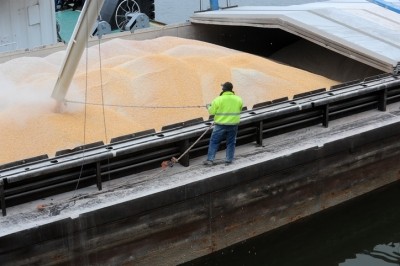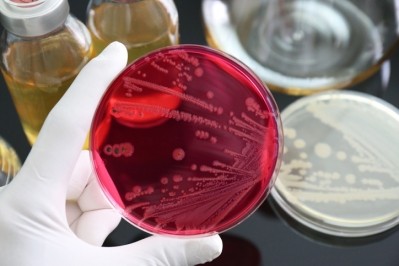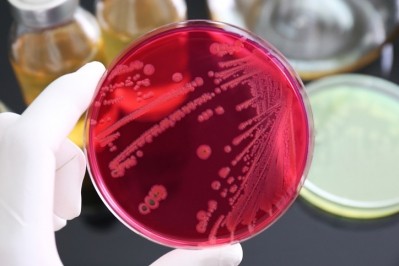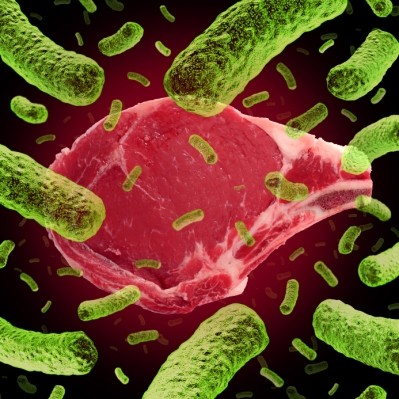Bunge shipping to US after canola meal batch held by FDA over Salmonella concerns
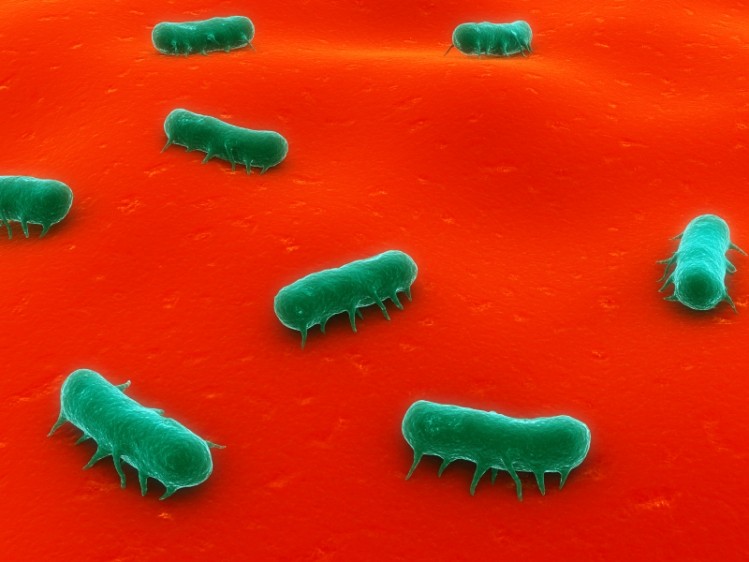
In December 2015, the US Food and Drug Administration (FDA) notified Bunge that one sample of canola meal destined to the US tested positive for salmonella.
Spokeswoman for Bunge, Deb Seidel, said the meal did not enter the US and has been “handled in an appropriate manner.”
She said the US federal agency has sampled subsequent shipments of Bunge meal which have tested negative.
“Bunge has no restrictions on shipping to the US,” added Seidel. The contaminated meal had been produced at a Bunge facility in Hamilton, Ontario.
Canola meal exports to US
The US is a powerhouse market for canola seed, oil and meal products.
Data from the Canola Council of Canada shows US companies imported around 3.3m tons of canola meal in 2014, valued at $1.3bn.
Canola meal is said to be used primarily by the California dairy sector.
FDA policy on salmonella in feed shipments
Trade between Canadian meal processing plans and US buyers was severely interrupted over salmonella contamination concerns during 2009 and 2010, with shipments refused from Cargill Ltd, Bunge and Viterra Inc at the time.
A July 2013 report from the FDA saw it modify its policy on feed targeted shipments with salmonella — the agency decided to focus on particular strains that are known to cause illness in livestock that consume the feed:
“FDA believes regulatory action is warranted in cases involving pet foods contaminated with any Salmonella serotype, due to the heightened human health risk given the high likelihood of direct human contact with such food.
FDA believes the likelihood of direct human contact with animal feed is substantially lower than for pet foods.
Therefore, in cases of animal feed contaminated with Salmonella, FDA believes regulatory action is warranted when such cases involve Salmonella serotypes that are known to cause disease in the animal species for which the feed is intended.
Cases of contamination involving other Salmonella serotypes should be considered on a case-by-case basis.”
